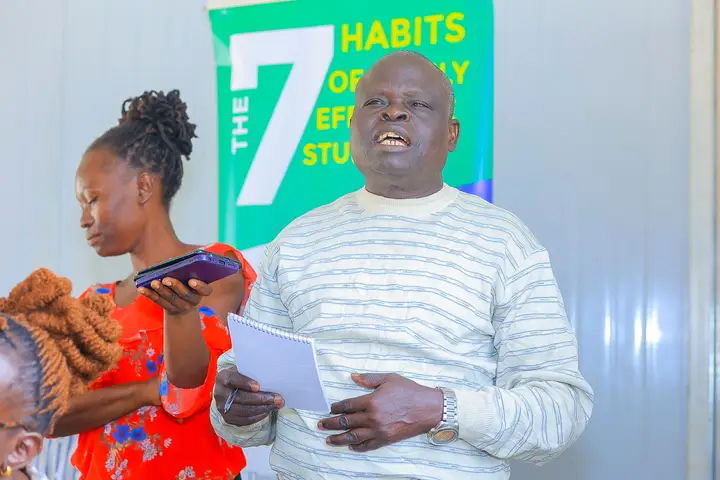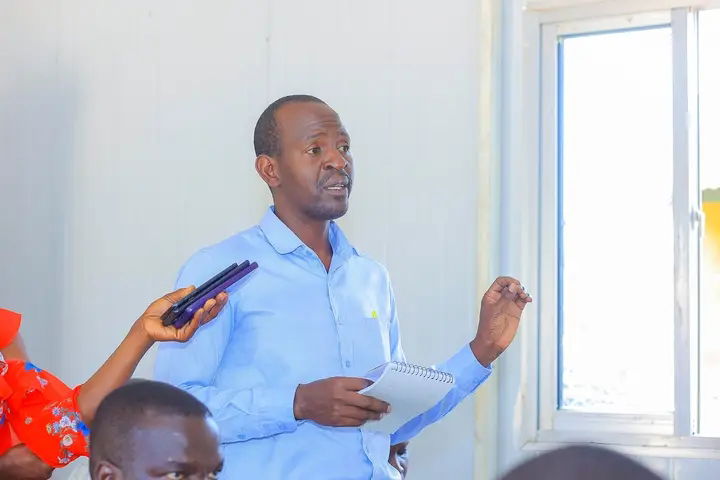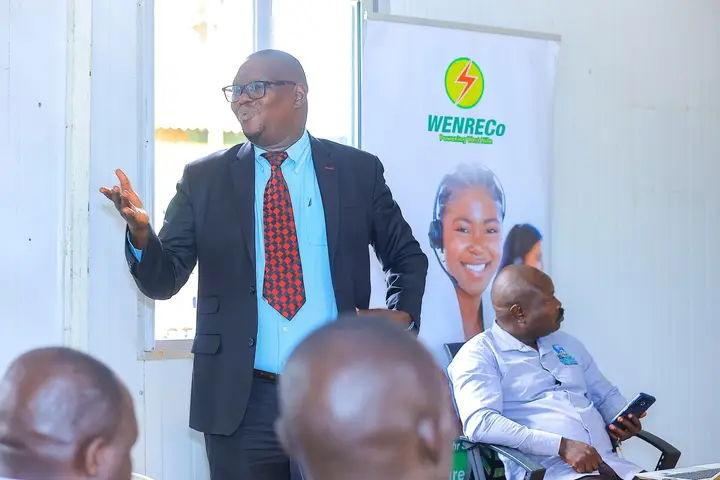Stakeholders Sound Alarm on Student Frustration, Poor Academic Performance in West Nile
Arua City, August 29, 2025 — Stakeholders in the West Nile region have raised concern over the rising frustration and negative attitudes among students, warning that these are major contributors to the region’s persistent poor academic performance in both primary and secondary schools.
During a meeting organized by the West Nile Development Association (WENDA) in collaboration with the West Nile Rural Electrification Company (WENRECo), education leaders, headteachers, and career masters agreed that inadequate parenting, lack of discipline, weak mentorship, and limited guidance at home are fueling indiscipline, property damage, and academic failure in schools.

According to a report from the Arua City Education Office, only 36% of students complete O-Level, leaving a worrying 64% dropout rate before finishing the cycle.
WENRECo’s General Manager, Kenneth Kigumba, lamented the decline in student discipline and performance compared to the past when West Nile schools regularly produced students who excelled and joined top universities in Uganda and abroad.

WENRECo’s General Manager, Kenneth Kigumba
“Frustrated students often redirect their energies destructively, damaging school property like windows and desks,” Kigumba said. “Punishments without addressing the root causes are ineffective. Our program aims to guide students to channel their frustrations constructively.”
Teachers echoed these concerns. Oneti Gordon Olea, Deputy Head Teacher of Mvara SS Day Wing, noted that many Senior One students struggle because they enter secondary school without mastering the basics:
“A school may enroll 1,000 Senior One students, yet fewer than 1,000 pass primary level. These struggling students require significant intervention.”
At Muni Girls SS, Careers Teacher Ija Denis revealed that 84% of the girls do not live with their biological parents, often managing households on their own. This situation, he explained, encourages indiscipline such as forging excuses to leave school. In response, the school introduced a “forced academic parenting” program, assigning students to mentors for guidance.

Moses Akuma Odims, Executive Director of WENDA, said the new School Monitoring Program is designed to address such challenges head-on.

Moses Akuma Odims,Executive Director WENDA
> “Our secondary school transformation agenda focuses on three pillars: supporting students, empowering teachers, and engaging parents and communities,” he said.
The pilot program currently runs in seven secondary schools: St. Joseph’s College Ombaci, Mvara SS, Muni Girls SS, St. Mary’s Ediofe Girls, St. Charles Lwanga College Koboko, St. Aloysius Nyapea, and Kochi SS.
The mentorship and guidance initiative, funded by WENRECo and implemented by WENDA, is built on the Seven Habits framework to instill discipline, purpose, and mindset change among students.
Stakeholders agreed that for the program to succeed, schools must own and drive the process, actively involve teachers, and reward outstanding performance.
WENRECo’s leadership reaffirmed its commitment to education as a key pillar for economic transformation and regional development, pledging continued support to initiatives aimed at improving both primary and secondary school education.